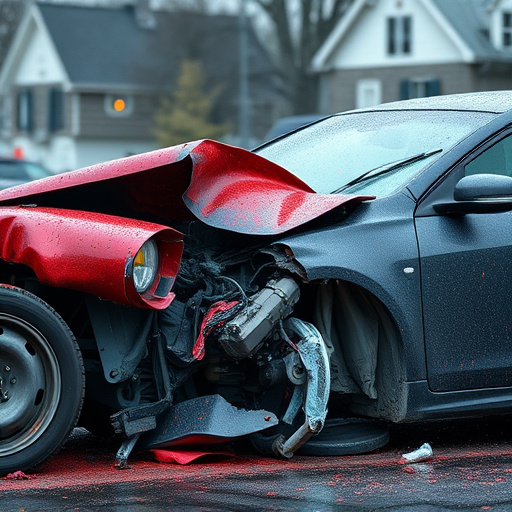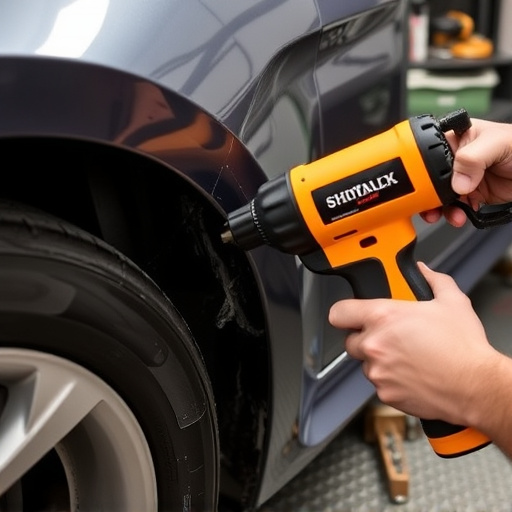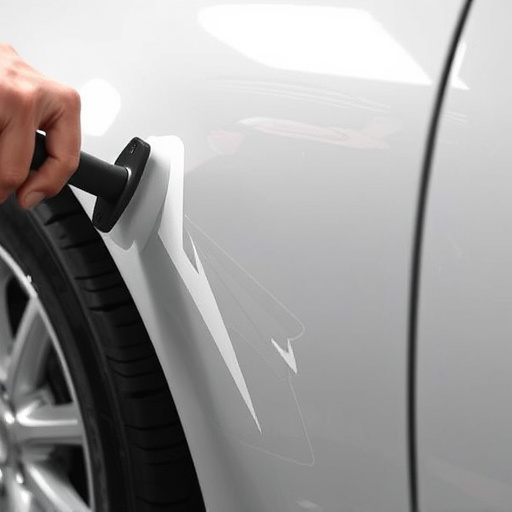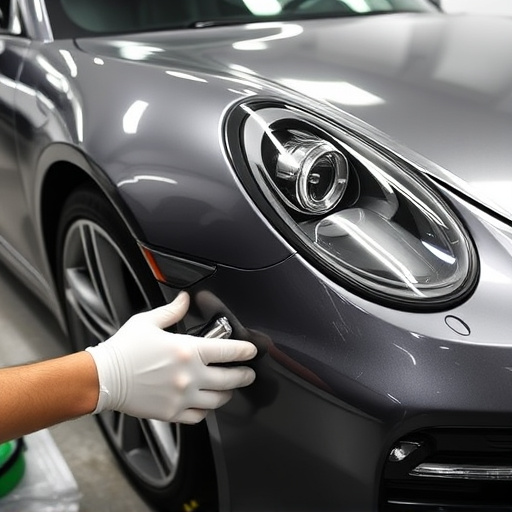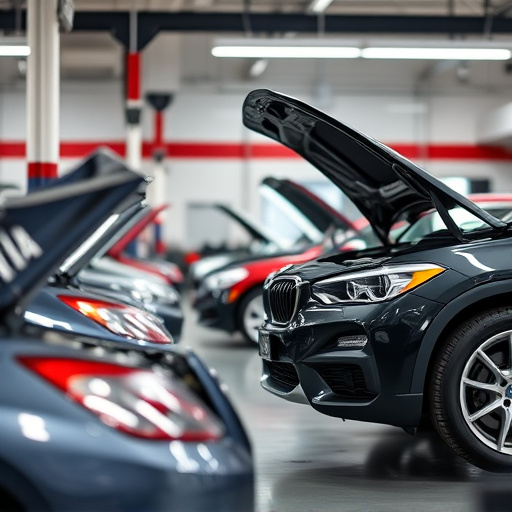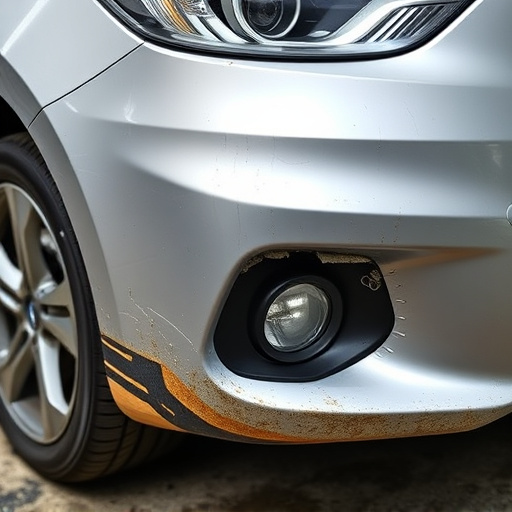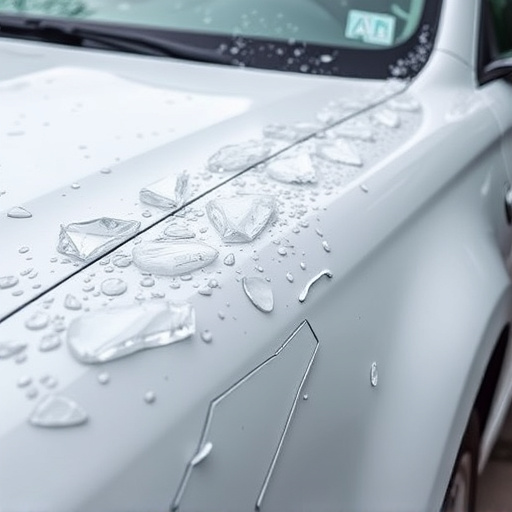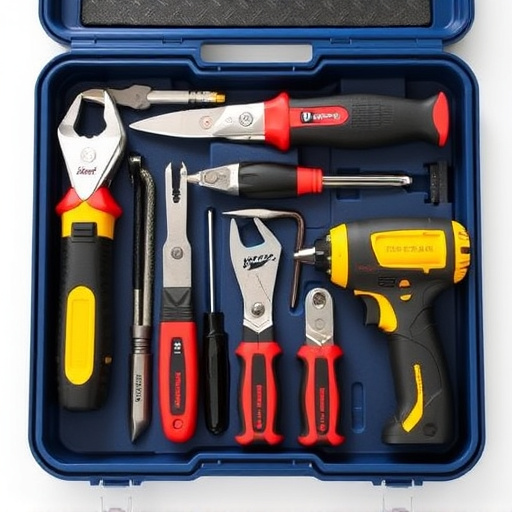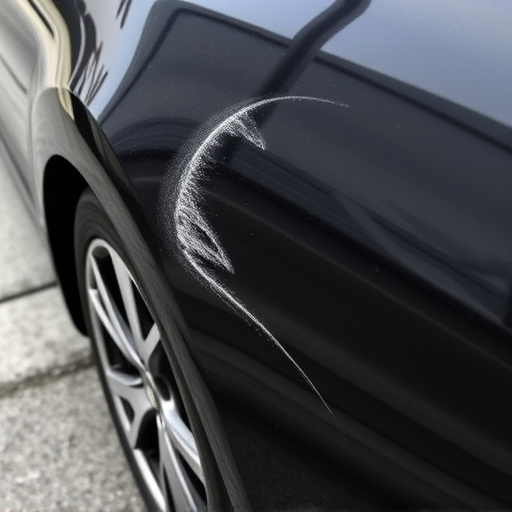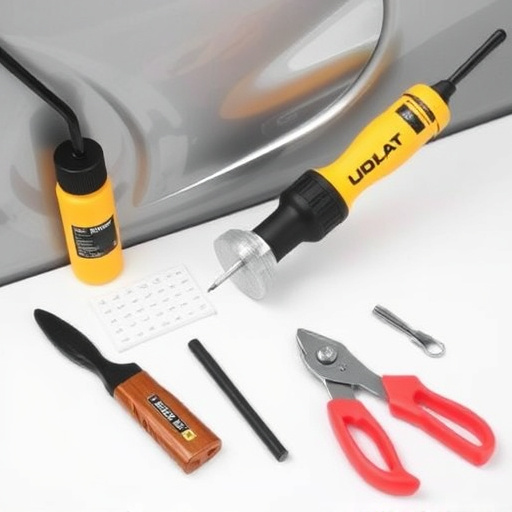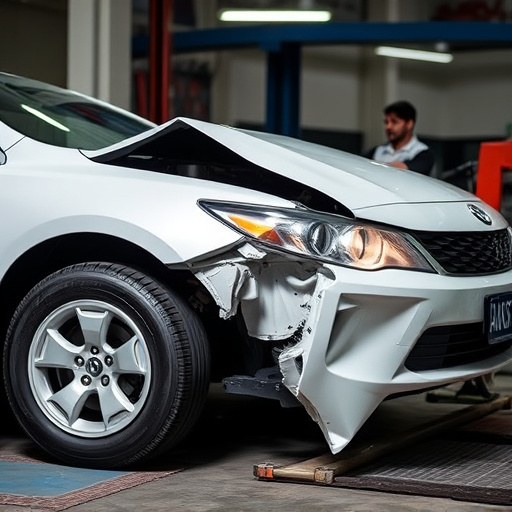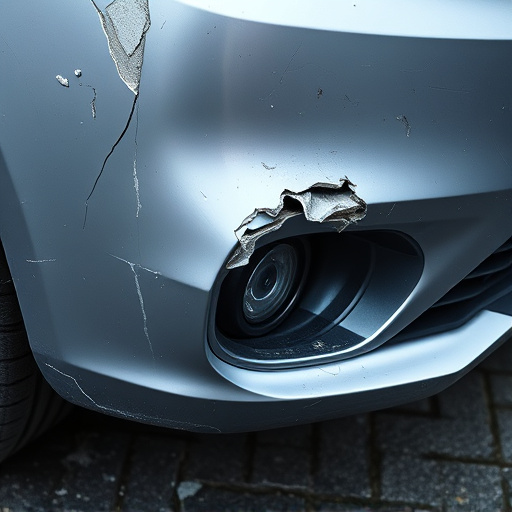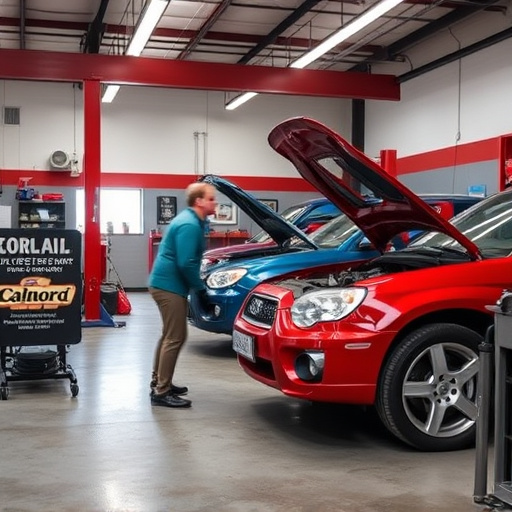Collision repair feedback is vital for auto body shops to enhance service quality. By gathering and analyzing customer insights, shops can refine their processes from initial assessment to final painting, ensuring repairs meet expectations. Consistent feedback helps identify specific issues like repair quality, communication, and turnaround times, leading to improved client satisfaction and built-up trust. Effective collision repair feedback systems facilitate open communication, enable continuous improvement, and solidify the shop's reputation as a reliable and consistent provider of high-quality bodywork services.
Collision repair feedback is a powerful tool for autoshops to enhance service quality consistently. By understanding the impact of customer and staff insights, shops can implement effective feedback systems that drive continuous improvement. This article explores how collision repair feedback transforms operations, from improving technical accuracy to enhancing customer satisfaction, ultimately positioning shops as industry leaders. Discover strategies to measure and leverage feedback for optimal service delivery.
- Understanding the Impact of Collision Repair Feedback
- Implementing Effective Feedback Systems in Autoshop
- Measuring and Enhancing Service Quality Through Continuous Feedback Loop
Understanding the Impact of Collision Repair Feedback
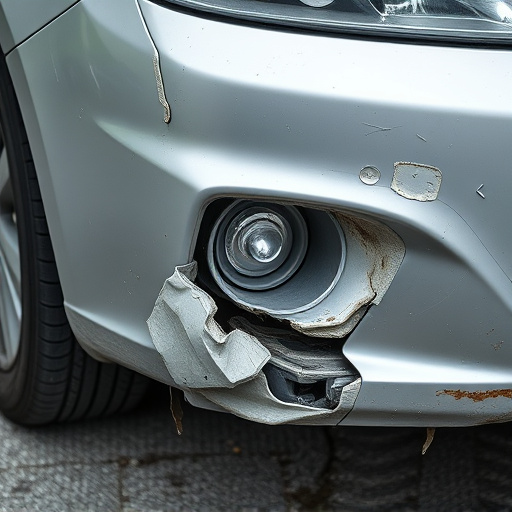
Collision repair feedback plays a pivotal role in enhancing service quality within the automotive industry. By gathering and analyzing customer insights, auto body shops can identify areas for improvement, ensuring their car paint services meet or exceed expectations. This feedback acts as a powerful tool to refine processes, from vehicle bodywork assessment to auto painting techniques.
Through consistent feedback, businesses can pinpoint specific issues, whether it’s the quality of repairs, communication with clients, or turnaround times. Addressing these concerns directly contributes to better customer satisfaction and fosters trust in their abilities. As a result, collision repair shops can create a reputation for reliable and consistent service, solidifying their position in a competitive market.
Implementing Effective Feedback Systems in Autoshop
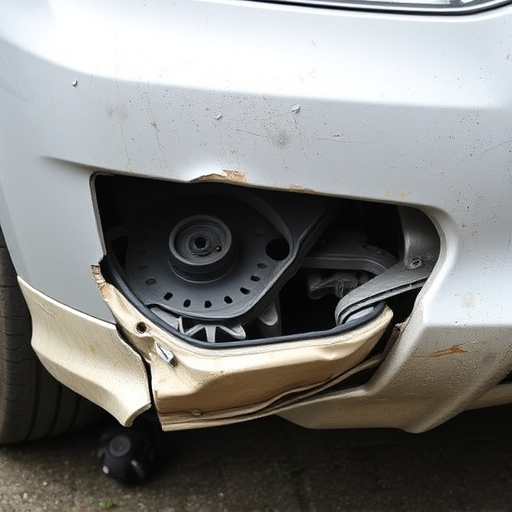
In modern auto shops, implementing effective collision repair feedback systems is paramount to consistently delivering high-quality car bodywork services. These systems serve as a bridge between customers and service providers, fostering open communication that ensures every vehicle repair meets or exceeds expectations. By integrating customer feedback loops, mechanics can gain valuable insights into areas needing improvement, be it in the form of new tools, enhanced procedures, or improved training programs. This proactive approach not only enhances the overall experience but also results in more accurate and efficient auto bodywork.
Collision repair feedback mechanisms encourage customers to share their experiences, enabling shops to address any concerns promptly. Moreover, these systems allow for continuous improvement in vehicle repair processes. Mechanics can use feedback to adapt their techniques, stay updated with industry trends, and incorporate innovative solutions into their work. This dynamic approach ensures that the auto shop remains competitive and delivers exceptional service, solidifying its reputation as a reliable provider of quality collision repair and car bodywork services.
Measuring and Enhancing Service Quality Through Continuous Feedback Loop
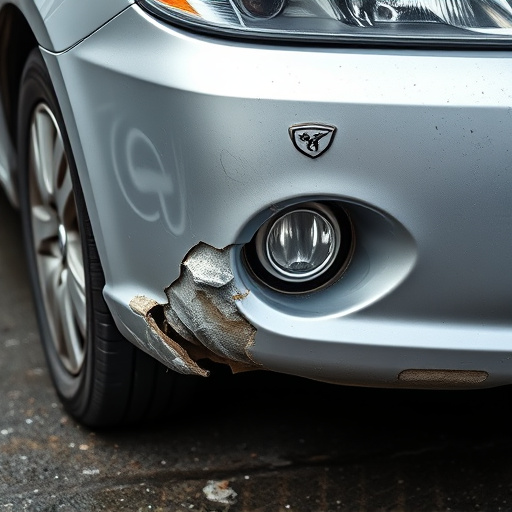
In the realm of collision repair, measuring and enhancing service quality is a continuous process driven by feedback. Customers who have experienced auto painting or automotive collision repair services are invaluable sources of insight. Their feedback creates a dynamic feedback loop that allows mechanics to refine their processes and products. By collecting and analyzing this data, workshops can pinpoint areas for improvement, be it in communication, turnaround time, or the quality of repairs like car restoration.
This continuous feedback mechanism ensures that every interaction with clients contributes to a better overall service. Through regular customer feedback, collision repair centers can stay attuned to emerging trends and expectations, allowing them to adapt their practices. Consequently, this fosters a culture of excellence in automotive collision repair, where every detail, from initial assessment to final car restoration, is continually optimized for maximum customer satisfaction.
Collision repair feedback is a powerful tool for autoshops to enhance service quality consistently. By implementing effective feedback systems and maintaining a continuous loop, shops can improve customer satisfaction, reduce errors, and foster a culture of continuous improvement. This not only benefits the business but also ensures that every vehicle leaves the shop in superior condition, creating a positive reputation and fostering client loyalty.
